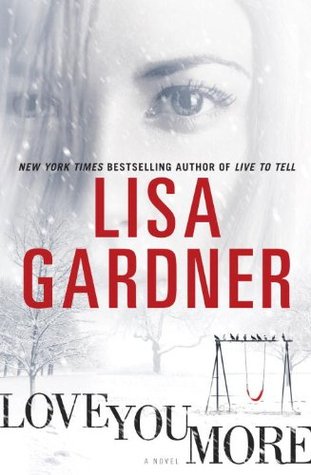
My first-ever large feature article for the New Zealand Listener was recently published in the April 9-15 2011). It's a three page article, "In search of answers", based on my interview with Henning Mankell. I was fortunate enough to be the only New Zealand journo granted an interview with Mankell in the lead-up to the release of his tenth and latest Wallander title, THE TROUBLED MAN. Although, as anyone who's spent some time on the Internet recently will realise, Mankell has given plenty of interviews about this book to other overseas publications.
Still, I think my article is well worth reading, and that I've taken a somewhat different tack to many of the other features out there. And now, the full version is available online.
In search of answersA decade after his last Inspector Wallander novel, Henning Mankell has brought back his most popular creation for a final encore. By Craig Sisterson
It always starts with a question, says acclaimed Swedish writer Henning Mankell, his heavily accented voice resonating down the phone line. “In everything I write, there must be a question, there must be something I do not know, something I would like to find an answer to, something I would like to explore,” he says.
Whether it’s his internationally bestselling series of crime novels starring dogged and dour Inspector Wallander, his gripping stand-alone thrillers, his 40-plus radio and theatre plays, his socially conscious children's stories or his atmospheric novels set in Africa, Mankell is always inspired by questions, by a need to tackle the things that concern him about society, about our modern world, about life.
READ FULL ARTICLE BY CLICKING HERE or by clicking on the image above.
Comments welcome - on Wallander, Mankell, the article, or whatever you wish...























